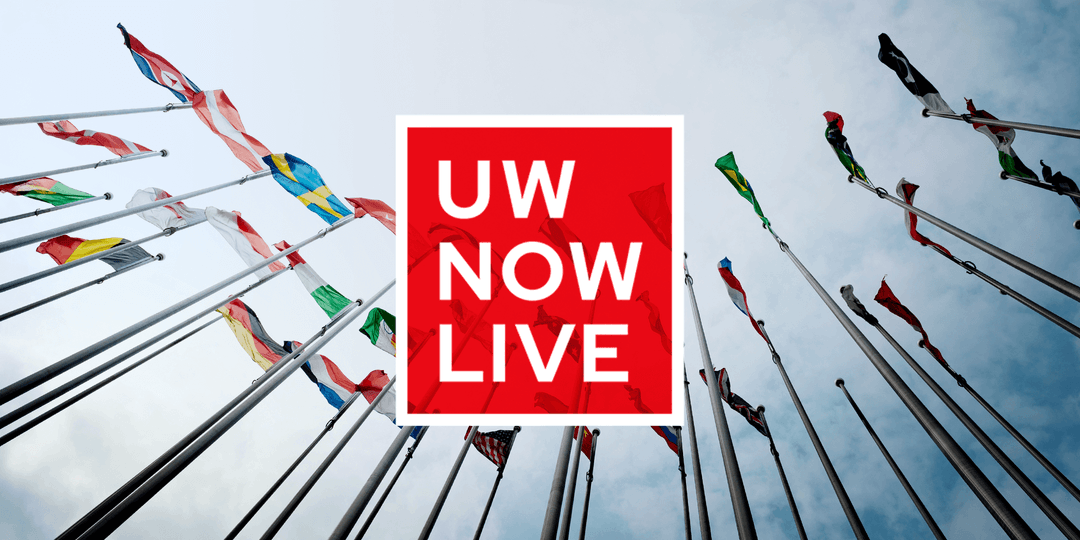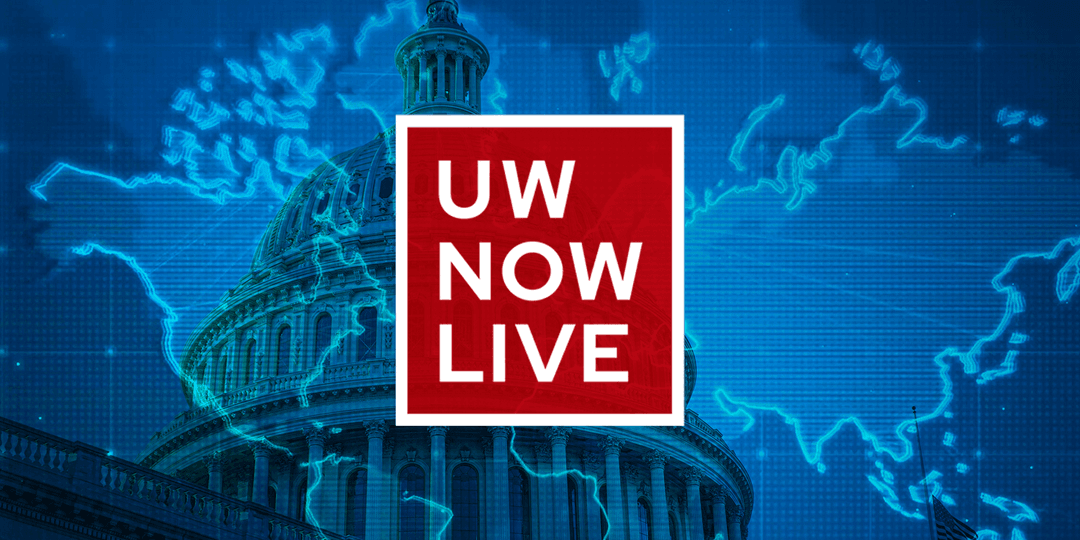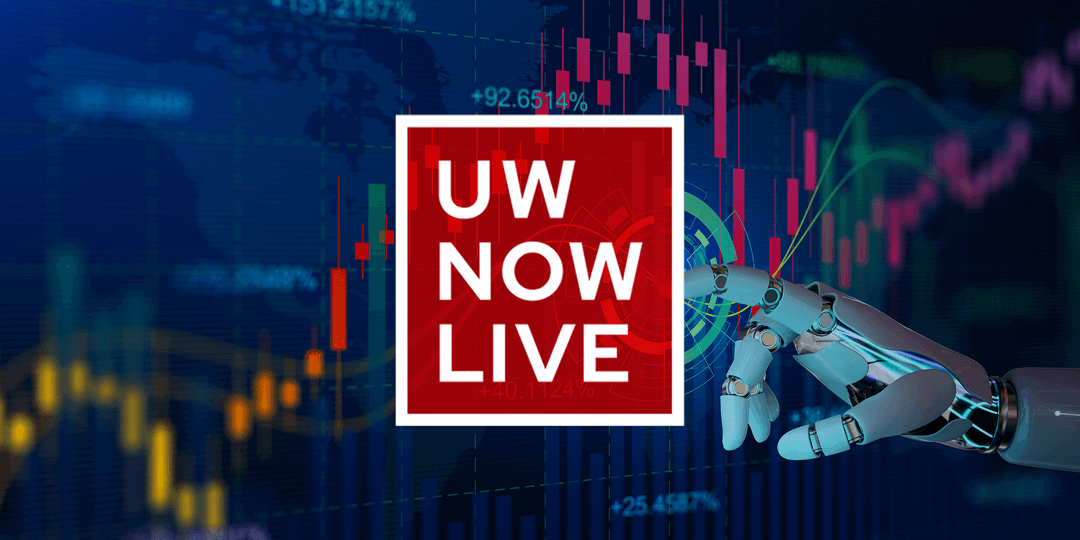Tariffs — some already imposed and others currently only threats — are playing a big part in President Donald Trump’s first actions since his inauguration in January 2025. Lydia Cox, an assistant professor of economics at the UW, will join the February 18 episode of the UW Now Livestream to discuss the effects of Trump’s tariffs on consumers at home, as well as domestic and foreign industries.
Cox earned her undergraduate degree in economics from Stanford University and her doctorate in economics from Harvard University. She joined the UW Department of Economics in 2023, where she specializes in international trade and macroeconomics.
My Chief Area of Research:
Most of my research is about the empirical effects of trade and fiscal policy (tariffs and government spending, in particular) on the U.S. economy. For example, in some of my work, I study how tariffs on steel imports affect downstream manufacturing industries.
On the UW Now Livestream, I’ll Discuss:
I’ll be discussing how tariffs affect the economy — both consumers and businesses. In particular, I’ll focus on some of the unintended consequences of tariffs, like how they can raise input costs for U.S. businesses and actually make certain industries more vulnerable to foreign competition.
One Thing I’d Like Viewers to Remember Is:
Tariffs are a blunt instrument — they have some potential benefits for protected industries but can create a lot of collateral damage, which is why economists tend to warn against their broad-based use.
To Get Smart Fast, Read:
- The Peterson Institute for International Economics usually has great blog posts about current trade policy.
- Also, I highly recommend Chad Bown’s [MS’96, PhD’99] Trade Talks podcast.



